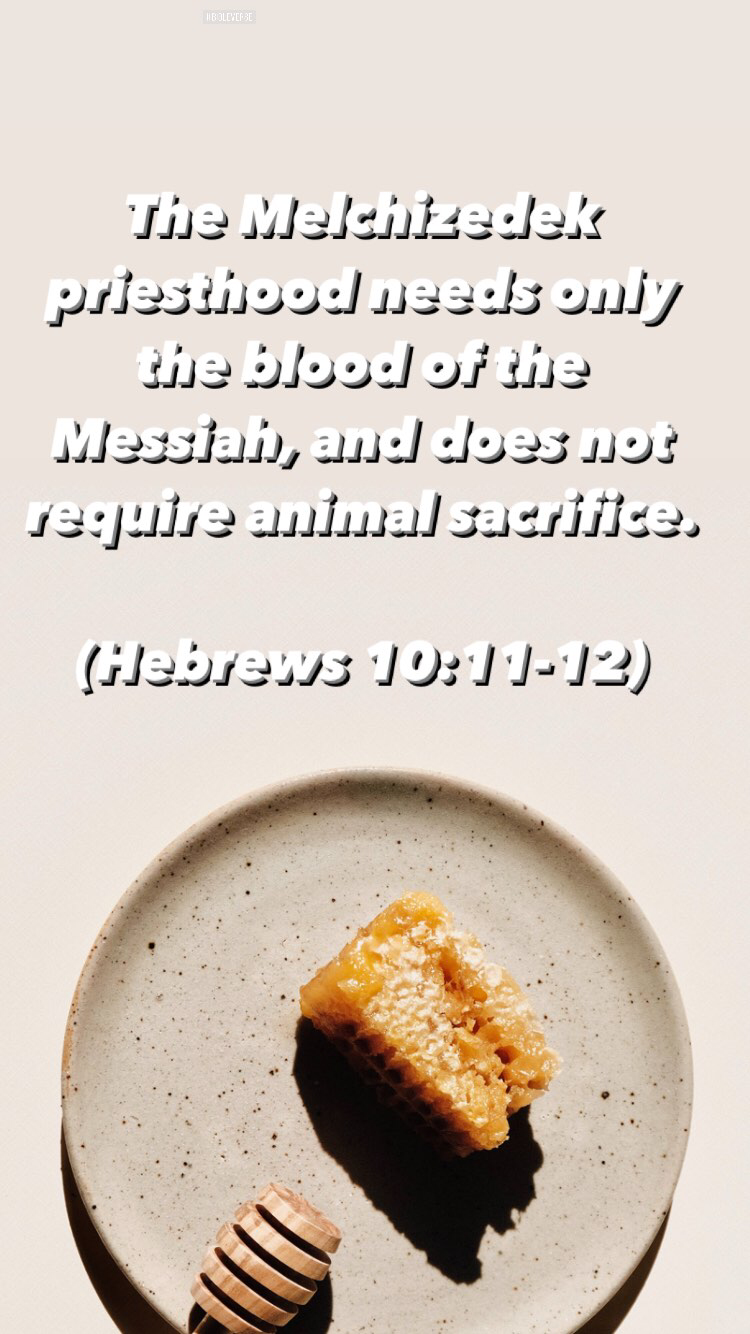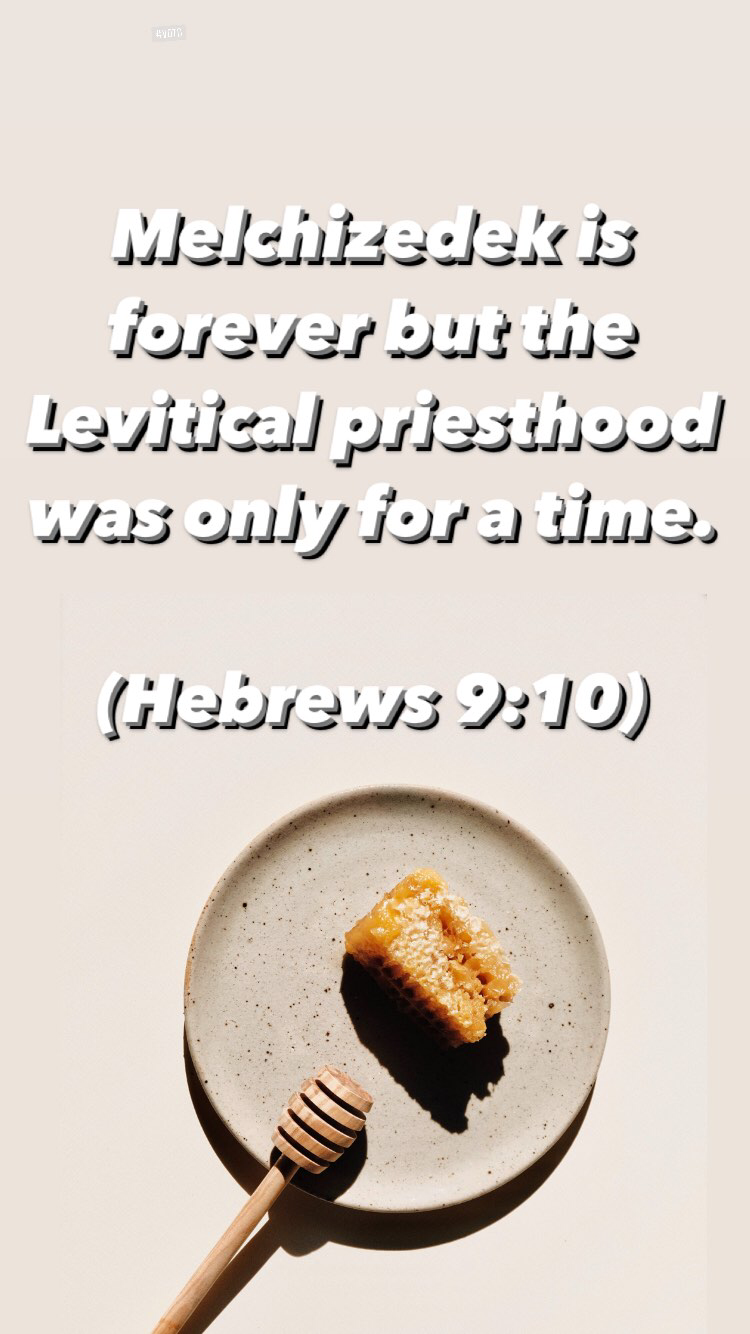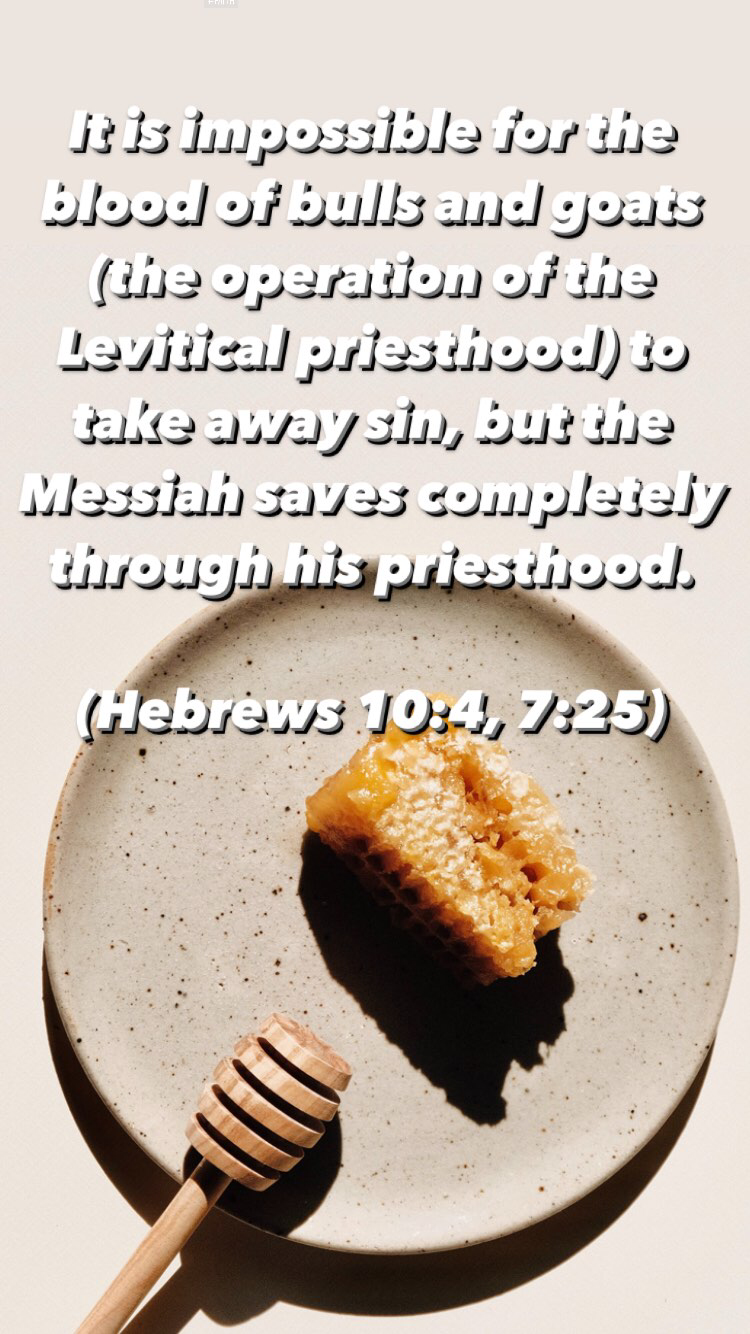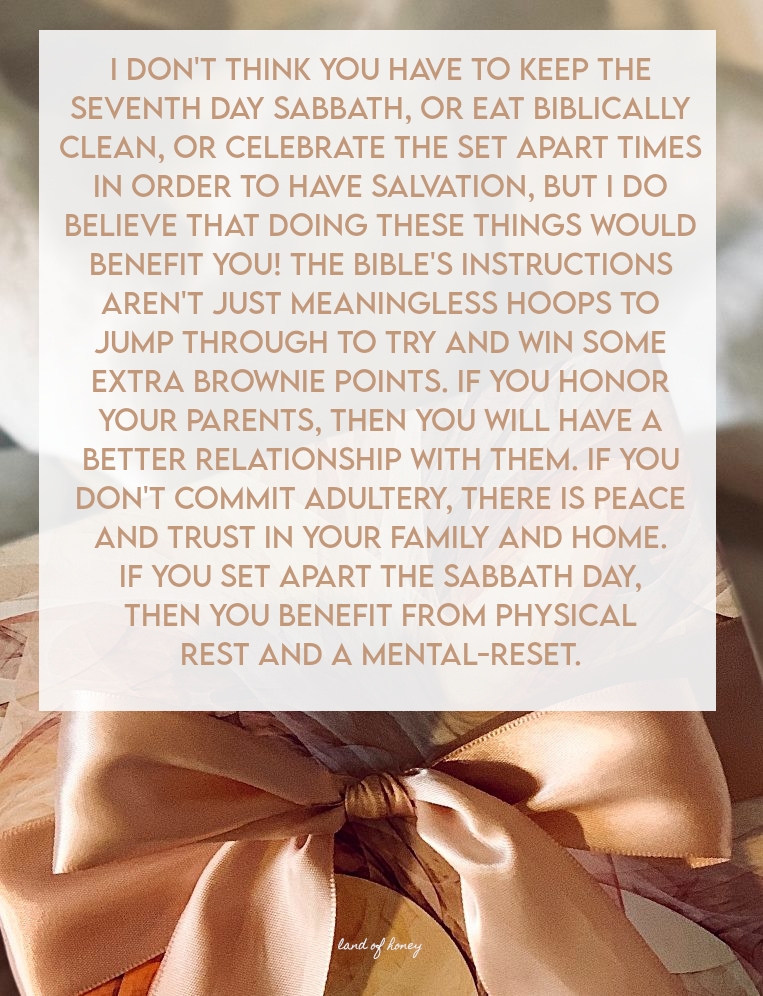
This post examines the directive from Exodus 23:19, Exodus 34:26, and Deuteronomy 14:21 about not cooking a goat in the milk of its mother. We will examine this instruction to see what it means and learn about whether or not it's okay Biblically to eat milk and meat together.
Meat and dairy. Should they be eaten together? People seem to have strong opinions about this. Some say you can, while others say they shouldn't even share a kitchen - let alone be served in the same meal. I have seen people get upset that that both meat and cheese were offered on the build-your-own-sandwich lunch buffet at conferences. There are books on this. Sometimes people message me to say that I shouldn't have liked that picture some blogger posted on Instagram because it contained both chicken and butter.
For all this commotion you would expect the Bible to have a lot to say on this subject. But here's what it says:
"Do not cook a young goat in its mother's milk." -Exodus 23:19b
That's it. Some people will tell you that this was God's way of saying that you can't eat meat and dairy together, or even store them in the same refrigerator. Or eat one within hours of having the other. How did we go from a somewhat random instruction to people being worried about storing leftover chicken in the same fridge as a gallon of milk?
Regarding the other laws around food, the Bible is very direct. "You shall not eat," "this is permissible to you," "get rid of the leaven from your homes for one week." So I'm not inclined to believe that the command to not cook a goat in the milk of its mother should be extrapolated and expanded to the point where no meat ever crosses paths with any dairy products. YHWH could have commanded that goat not be cooked in any milk, period. He could have said not to cook meat of any kind in milk. He could have said to eat either meat or dairy, but not both. But he didn't!
Right off the bat, the specification of "its mother's" milk means that nondairy animals can be cooked or served with butter, cheese, cream, etc. Chicken, turkey, and other poultry (as well as fish) do not produce milk, so there is no way to violate the Biblical commandment of not cooking an animal in the milk of its mother. This means you can feel free to enjoy chicken alfredo or a turkey cheese sandwich.
Then the specification of "milk" means that eggs aren't in question here. This means that eggs can be freely mixed with meat. So dishes like steak and eggs, or fried chicken with egg in the batter are clean according to Scripture.
The word translated as young goat or kid is gedi. While the Bible often uses the word se which can mean sheep, cattle, lamb, or ewe, the word gedi is only used to mean a young male goat. That's an important distinction. Many people will tell you that this verse is talking about all Biblically clean animals, or at least the red meat ones, such as beef, lamb, bison, venison, etc. But since the Holy Spirit inspired the word choice of gedi - which would mean just kid goats - when it doesn't hesitate to use a more general word for clean animals in other places, I am led to believe that this passage is only prohibiting goat from being cooked in the milk of its mother. This would mean that it is Biblically permissible to mix beef and lamb and other clean animals with dairy. So cheeseburgers, or serving lamb or roast beef with buttery mashed potatoes would be considered Biblically clean.
So what does the Bible mean by telling us not to cook a young goat in its mother's milk then?
Many Biblical scholars believe this specific act was prohibited because it was a worship practice of other religions or an ungodly cultural custom. The preceding part of the verse and the verse prior to that detail instructions related to offerings brought to YHWH. So I think this theory makes sense, as elsewhere we are told "not to worship YHWH the way those nations worship their gods" (Deuteronomy 12:4). If boiling goat meat in its mother's milk was happening in worship to other gods, that would also fit with why the Bible orders the sacrificial lamb (which could also be goat) at Passover to be roasted with fire, and expressly prohibits it being boiled (Exodus 12:9). Perhaps YHWH wanted to be sure that the practices of the Israelites were distinctly different from that of the people around them.
We should also keep in mind the broader context that this instruction was given in. The passages leading up to this, starting in Exodus 23:10, talk about instructions for the Sabbath, and then details about the Biblical holidays. I don't think it's an accident that these things deal with living in a way that's set apart and different from the surrounding society. Regardless of whether we understand the reasoning behind this instruction or not, we should be obedient to what the Bible says. Under no circumstances should we boil a young goat in the milk of its mother, simply because Scripture tells us not to.
We also should not add to what this verse says. Its says not to cook a goat in its mother's milk. It does not say that no meat and dairy can be cooked or eaten together. You certainly don't have to mix meat and dairy if you don't want to, but please keep in mind that this is not a prohibition from the Bible.
Like always I would encourage you to study this passage for yourself and pray for YHWH's wisdom and understanding.
Related posts:
What is Biblically Clean Eating?
What Scripture Says Not to Eat
Understanding 1 Corinthians 10:27






















